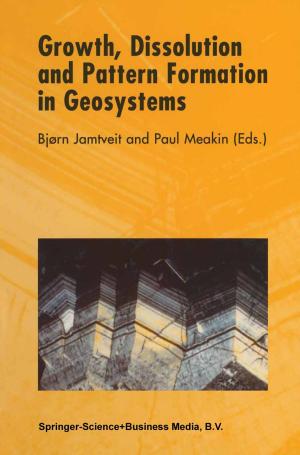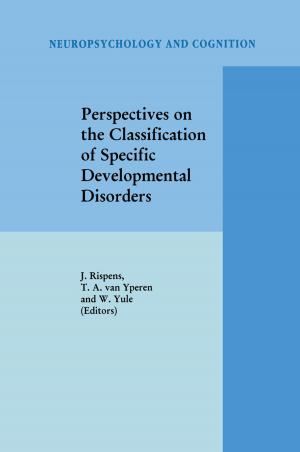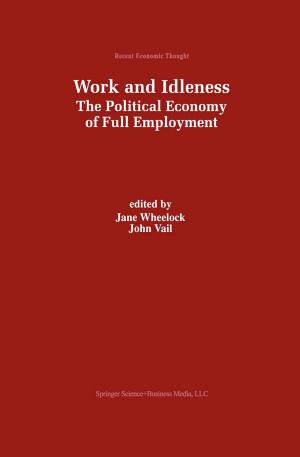The Minor Parties of the Federal Republic of Germany
Toward a Comparative Theory of Minor Parties
Nonfiction, History| Author: | S.L. Fisher | ISBN: | 9789401020794 |
| Publisher: | Springer Netherlands | Publication: | December 6, 2012 |
| Imprint: | Springer | Language: | English |
| Author: | S.L. Fisher |
| ISBN: | 9789401020794 |
| Publisher: | Springer Netherlands |
| Publication: | December 6, 2012 |
| Imprint: | Springer |
| Language: | English |
Minor parties in the United States have been studied both individually and collectively. On the basis of these studies, social scientists have set forth certain generalizations concerning the types of American minor parties, their characteristics, their functions, and the obstacles they face in the American party system. However, in their comparative analysis of political parties, political scientists have generally limited themselves to comments about the major parties. This study examines in detail all the minor parties which have participated in the national elections of the Federal Republic of Germany since its inception in 1949 in light of the descriptive and explanatory generalizations which have been formulated about minor parties in the United States. The purpose of such an analysis is threefold. First, it provides materials on the West German minor parties which will be readily accessible for cross-national research. Second, through comparisons with the West German experience, the generalizations pro duced to explain American minor parties are made more suitable for comparative analysis. Third, and most important, it seeks to demonstrate that some minor parties play an important role in a party system and that, therefore, minor parties should not be ignored in the comparative analysis of political parties. I am deeply indebted to Professors William B. Gwyn and James D. Cochrane for their help on this project. This work could not have been completed without Professor Gwyn's guidance and prodding.
Minor parties in the United States have been studied both individually and collectively. On the basis of these studies, social scientists have set forth certain generalizations concerning the types of American minor parties, their characteristics, their functions, and the obstacles they face in the American party system. However, in their comparative analysis of political parties, political scientists have generally limited themselves to comments about the major parties. This study examines in detail all the minor parties which have participated in the national elections of the Federal Republic of Germany since its inception in 1949 in light of the descriptive and explanatory generalizations which have been formulated about minor parties in the United States. The purpose of such an analysis is threefold. First, it provides materials on the West German minor parties which will be readily accessible for cross-national research. Second, through comparisons with the West German experience, the generalizations pro duced to explain American minor parties are made more suitable for comparative analysis. Third, and most important, it seeks to demonstrate that some minor parties play an important role in a party system and that, therefore, minor parties should not be ignored in the comparative analysis of political parties. I am deeply indebted to Professors William B. Gwyn and James D. Cochrane for their help on this project. This work could not have been completed without Professor Gwyn's guidance and prodding.















